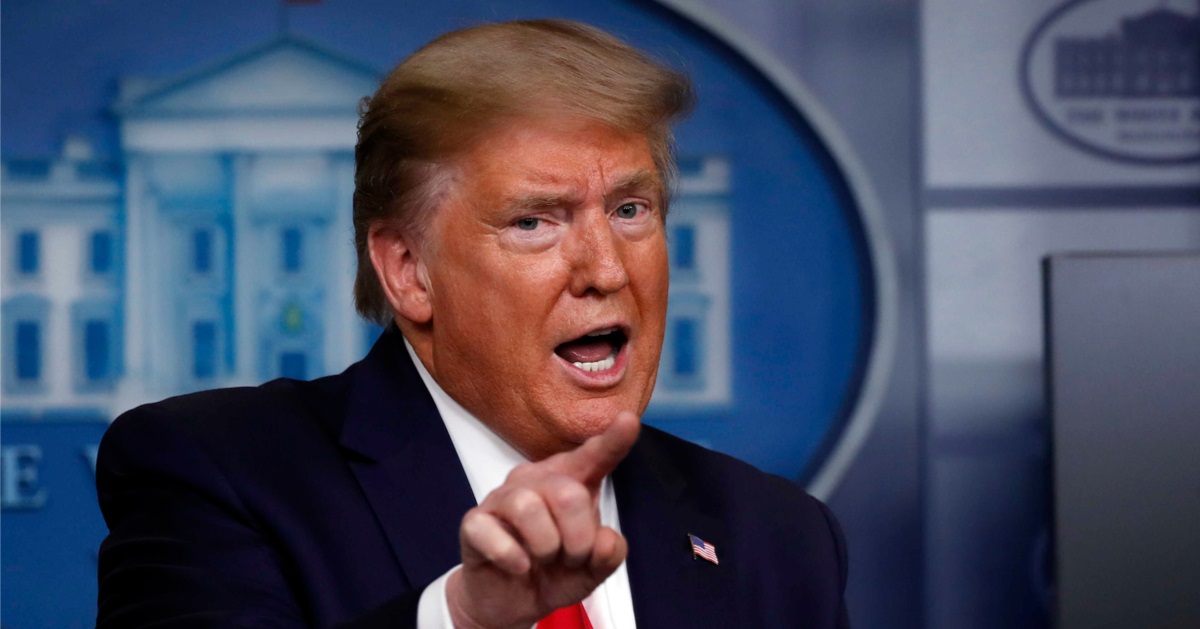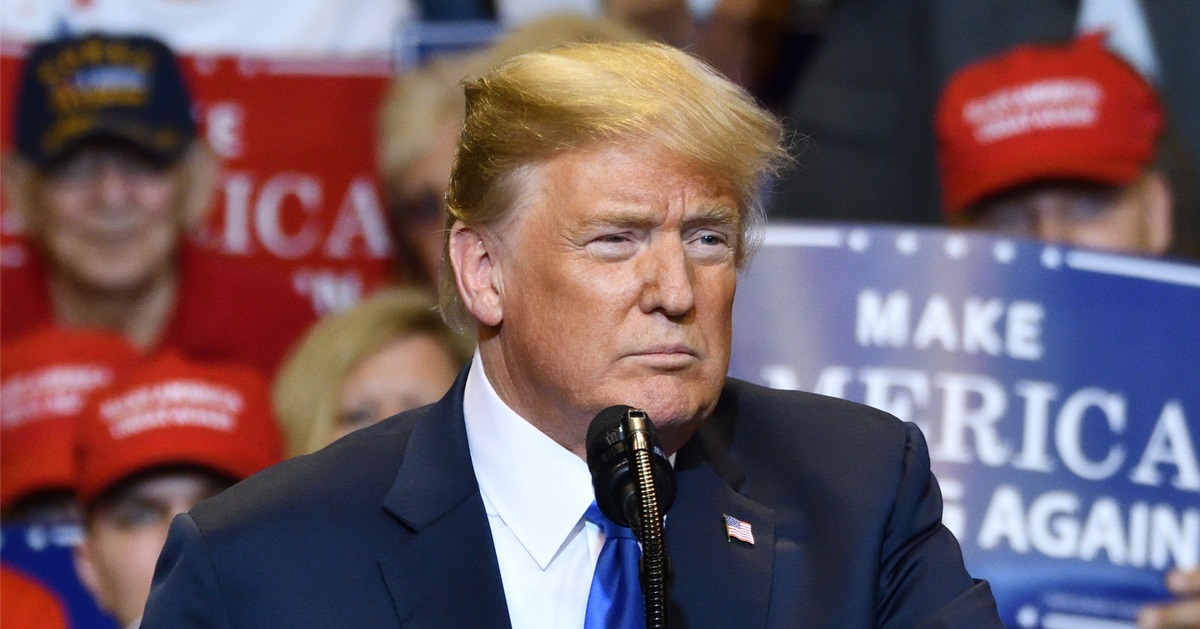Supreme Court gives judge in Trump's classified documents case new legal avenue to side with defense
Supreme Court Justice Clarence Thomas may have provided Judge Aileen Cannon with legal cover to throw out the case against former President Donald Trump, MSNBC reported. Thomas wrote a concurring opinion that called into question the appointment of special counsel Jack Smith.
The high court ruled in favor of Trump's claim of presidential immunity earlier this month. That decision also spawned a concurring opinion from Thomas that could jeopardize the classified documents case against Trump.
"I write separately to highlight another way in which this prosecution may violate our constitutional structure," Thomas wrote to explain the aim of the separate opinion. He argues that if Smith wasn't appointed properly, it could negate the case.
Cannon, a Trump appointee, is overseeing the case in Florida against the former president and seems to be siding with the defense. How she applies Thomas' legal questioning could have a significant impact on Trump.
Thomas' Approach
As Fox News reported, the Supreme Court's 6-3 decision on July 1 determined that Trump's position gave him sweeping immunity. Thomas' rationale for raising questions about Smith's appointment could further derail other cases against Trump.
"In this case, there has been much discussion about ensuring that a President ‘is not above the law.’ But, as the Court explains, the President’s immunity from prosecution for his official acts is the law," Thomas wrote.
"The Constitution provides for ‘an energetic executive,’ because such an Executive is ‘essential to… the security of liberty. Respecting the protections that the Constitution provides for the Office of the Presidency secures liberty," Thomas continued.
"In that same vein, the Constitution also secures liberty by separating the powers to create and fill offices. And, there are serious questions whether the Attorney General has violated that structure by creating an office of the Special Counsel that has not been established by law," Thomas added.
The conservative justice pointed out that these "questions must be answered before this prosecution can proceed" when it comes to whether the attorney general's appointment was within the law. "If there is no law establishing the office that the Special Counsel occupies, then he cannot proceed with this prosecution," Thomas added.
Smith's Objections
Trump's defense team in the classified documents case felt that Thomas' decision bolstered some of their claims, NBC News reported. In a request for a supplemental briefing in Cannon's courtroom, attorneys claimed it "adds force to the motions relating to the Appointments and Appropriations Clauses."
Cannon had agreed to allow for the briefing to weigh the concurring opinion against the defense's claim. Predictably, Smith objected to this in a filing Friday.
While Smith agreed to the briefing, his office urged Cannon not to use the opinion in her decision. "That single-Justice concurrence ... neither binds this Court nor provides a sound basis to deviate from the uniform conclusion of all courts to have considered the issue that the Attorney General is statutorily authorized to appoint a Special Counsel."
Regardless of how the court decides on these underlying issues, the case has been postponed indefinitely while the justice system hashes it out. If the aim of this prosecution for supposed mishandling of classified documents was to derail Trump's reelection bid, it appears not to be working.
These efforts to distract Trump by parading him into different courtrooms seem to be falling apart. Even if the court ultimately sides with the prosecution, Trump has once again thwarted another leftist election interference effort.



